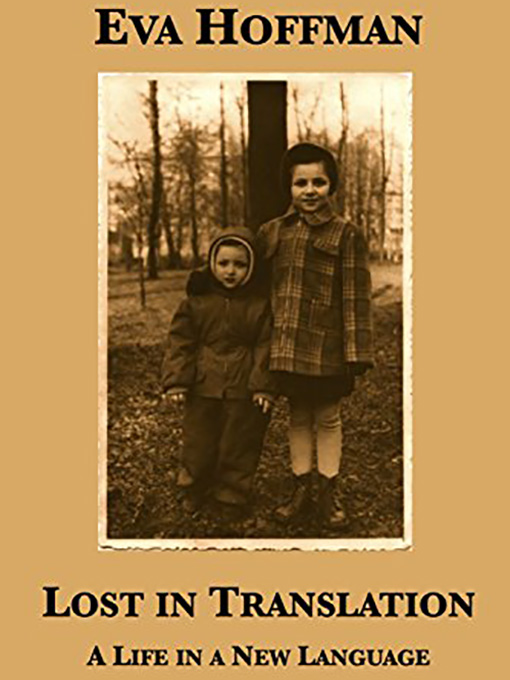This remarkable book is Eva Hoffman’s personal story of her experiences as an emigre who loses and remakes her identity in a new land and translates her sense of self into a new culture and a different language.
The condition of exile is an exaggeration of the process of change and loss that many people experience as they grow and mature, leaving behind the innocence of childhood. Eva Hoffman spent her early years in Cracow, among family friends who, like her parents, had escaped the Holocaust and were skeptical of the newly imposed Communist state. Hoffman’s parents managed to immigrate to Canada in the 1950s, where Eva was old enough to feel like a stranger–bland food, a quieter life, and schoolmates who hardly knew where Poland was. Still, there were neighbors who knew something of Old World ways, and a piano teacher who was classically Middle European in his neurotic enthusiasm for music. Her true exile came in college in Texas, where she found herself among people who were frightened by and hostile to her foreignness. Later, at Harvard, Hoffman found herself initially alienated by her burgeoning intellectualism; her parents found it difficult to comprehend. Her sense of perpetual otherness was extended by encounters with childhood friends who had escaped Cracow to grow up in Israel, rather than Canada or the United States, and were preoccupied with soldiers, not scholars. Lost in Translation is a moving memoir that takes the specific experience of the exile and humanizes it to such a degree that it becomes relevant to the lives of a wider group of readers.







